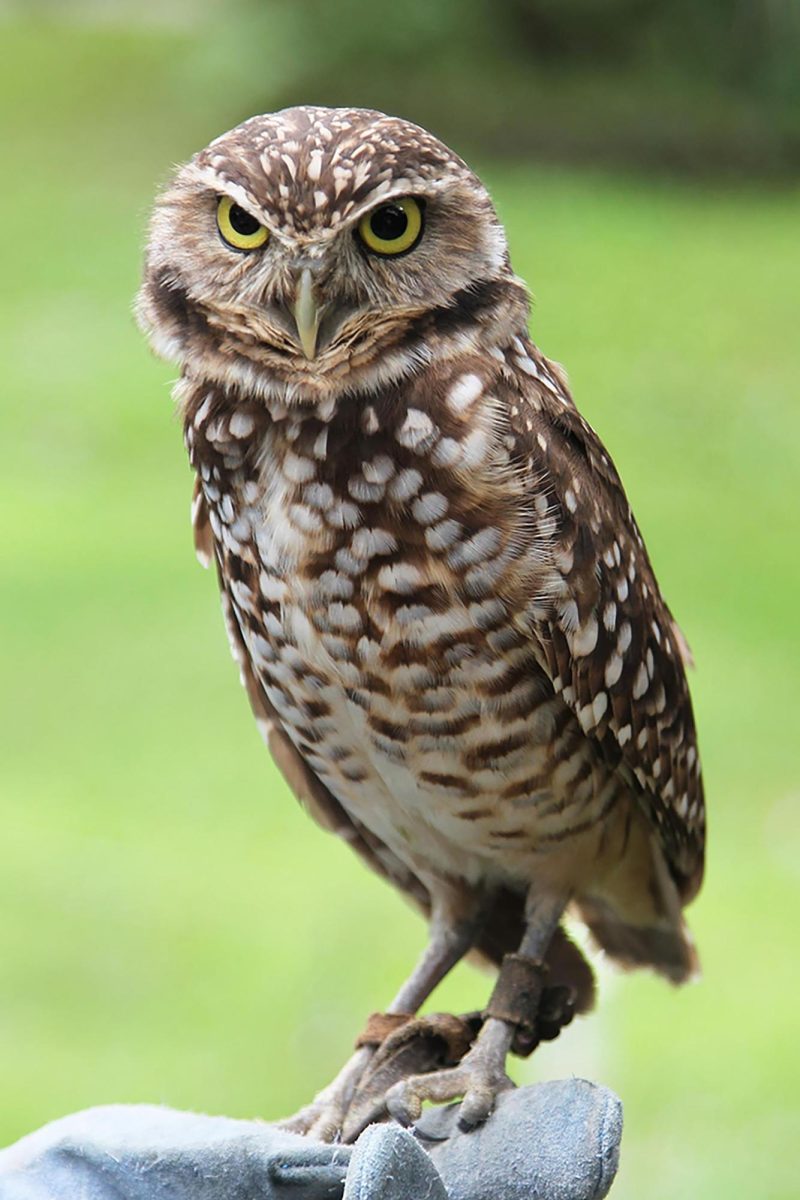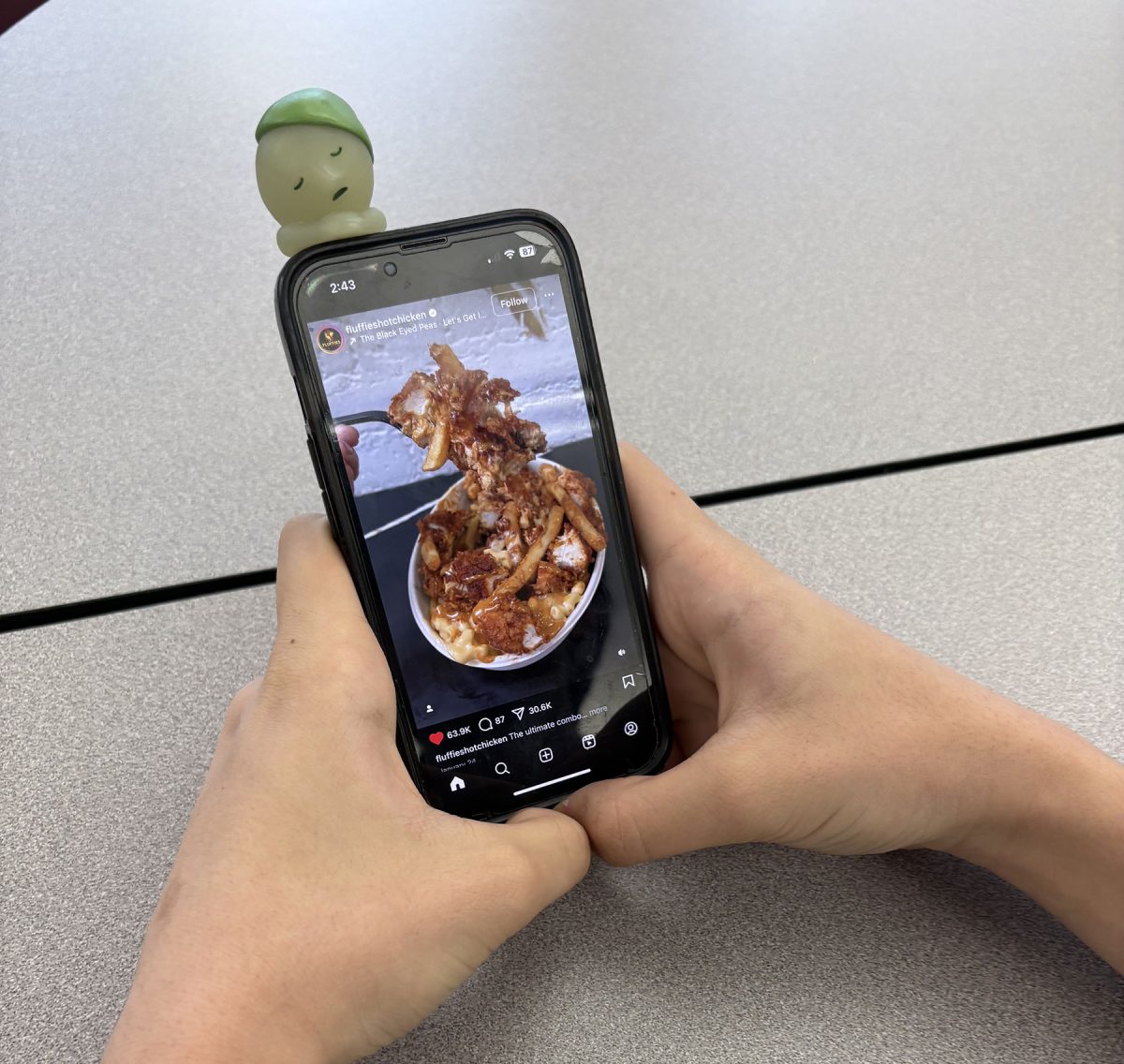The debate about when to sleep that exists between night owls and early birds has left some WHS students puzzled about how they should schedule their nights. With each side claiming productivity and health benefits, I believe that staying up later during the night makes it easier to succeed in classes because homework is completed closer to the time the content was learned and the schedule at night is more flexible than the morning hours. While early risers chase success from the morning light, night owls find focus and creativity in the late hours.
“I definitely feel more productive working at night,” said sophomore James Tak. “My activities sometimes force me to work later, but I’m fine with that and I think it helps me do my work faster and more efficiently.”
For those whose work and after school activities keep them busy into the evening hours, focusing on school work when they get home can help keep their energy and momentum going.
“My typical day ends around six or seven p.m., but I stay up until about one or two in the morning, so I don’t start my work until late,” said freshman Anderson Chu. “I feel the strongest and most locked in during this time.”
Finishing work in the moment can also build responsibility and can have students finishing the day with pride knowing that they accomplished everything that could be vital for the coming days. Doing work at night allows for flexibility in how much time you can put into homework. Before school hours are limited because the start of the school day is a set deadline which can make work sloppy, limiting how much can be done then.
Another issue with cramming work into the morning is that at some times of the year it means having to wake up before sunrise. Waking up with an alarm can cause hormones like melatonin (which promotes sleep) and cortisol (which provides energy) to become totally imbalanced. An article on Yahoo News talks about “social jetlag,” which is caused by waking up unnaturally because it throws off these hormones and can cause heart disease, strokes, diabetes, and depression. Obviously, when your lifestyle puts you in danger, it is the wrong choice for you.
Getting work done at night also comes with the huge advantage of waking up in the morning without extra work to do before starting the day. This definitely takes a load of stress off of the shoulders of hardworking WHS students.
“I’ve always made sure to finish my work at night so I’m not stressing in the morning,” said Tak. “It’s not a good habit to say that you will just finish something in the morning.”
Studies also point towards consistency being key in sleep schedules. So, although many argue that going to bed earlier will create a better sleep environment for students, consistency can still be found later in night, giving busy students more time to work, but also a healthy sleep schedule that suits them.
“It’s definitely hard to go to bed early with a lot of work or demanding classes and activities,” said senior Whitney Summersgill.
Early birds have one innate advantage over night owls: School and work schedules require you to get up earlier and cater towards people who work well in the morning. Being organized and timely, however, can allow night owls to sleep more even though they stay up later. By minimizing the work that needs to be done in the morning, night owls can wake up later and do their morning routine without having to worry about extra tasks weighing them down.
Studies by the Yale School of Medicine suggest that night owls tend to be more creative and innovative. Yale also shows that sleep plays a crucial role in forming and storing long-term memories, meaning students who study at night retain information more effectively after a full night’s rest compared to those who cram in the morning. Imagine studying for a test the morning of, but being unable to remember what you studied later that day. That can be a problem with being an early bird.
Overall, the case for being an early bird is easily overshadowed by the numerous benefits and logic to being a night owl. Some of the most influential figures in history like Winston Churchill, Charles Darwin and modern song writer The Weeknd prefer to do their work at night.
“Throughout my short time in high school my methods of being a night owl have worked for me, so I’m going to continue on what has been working,” said Chu.




